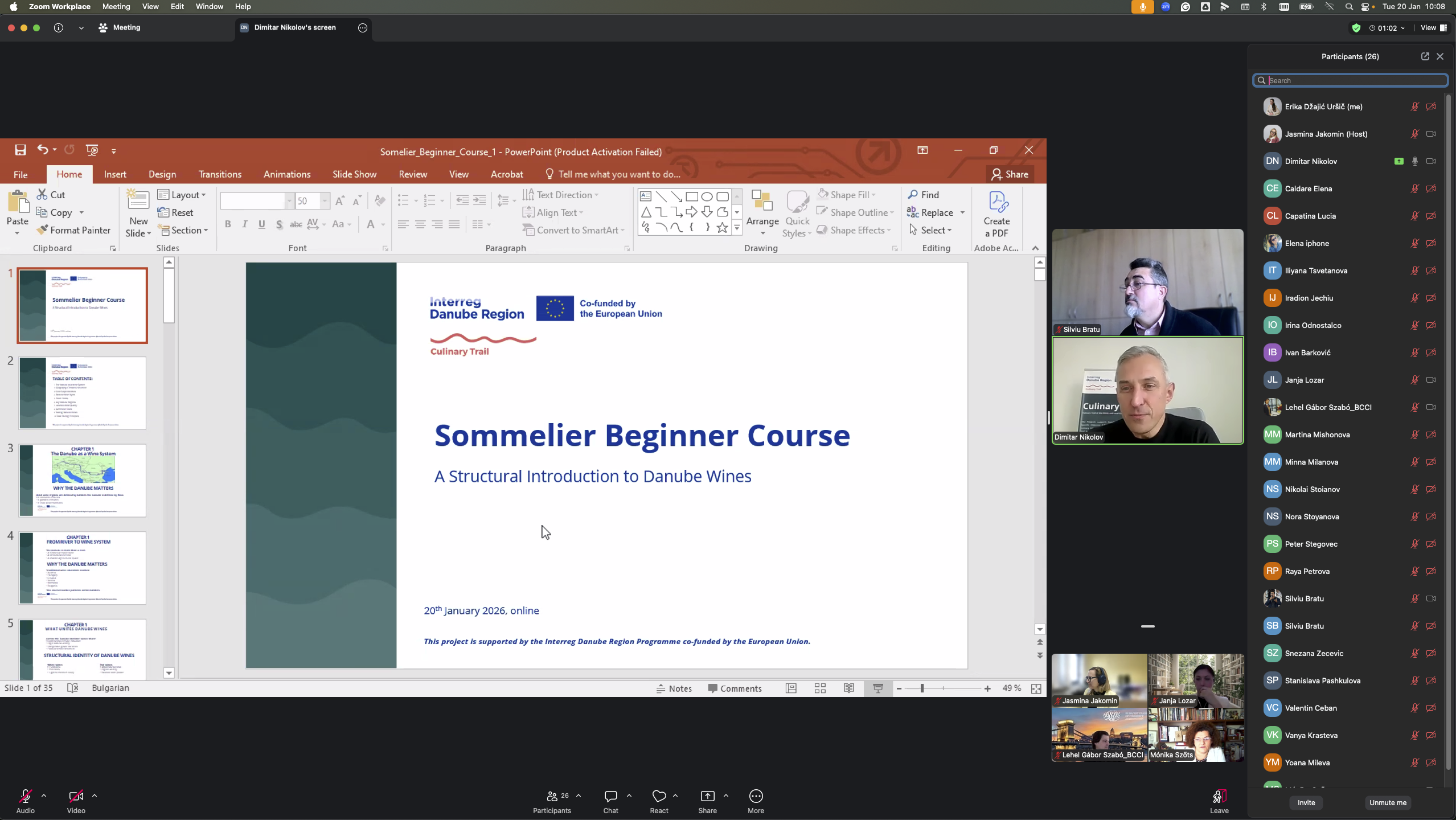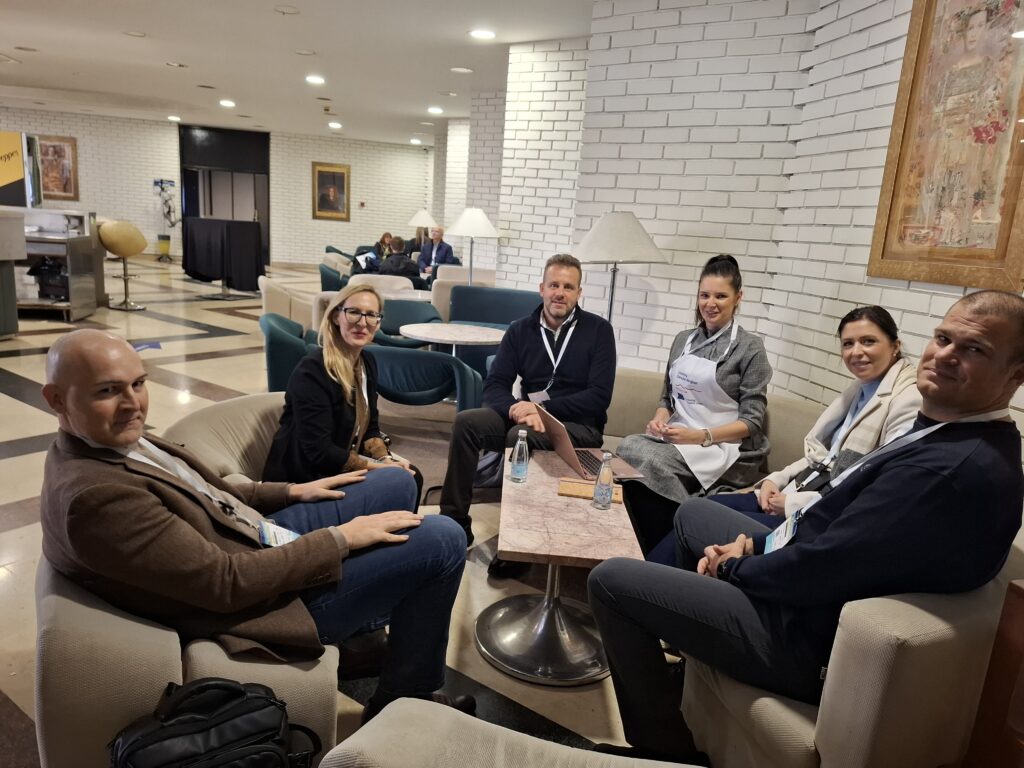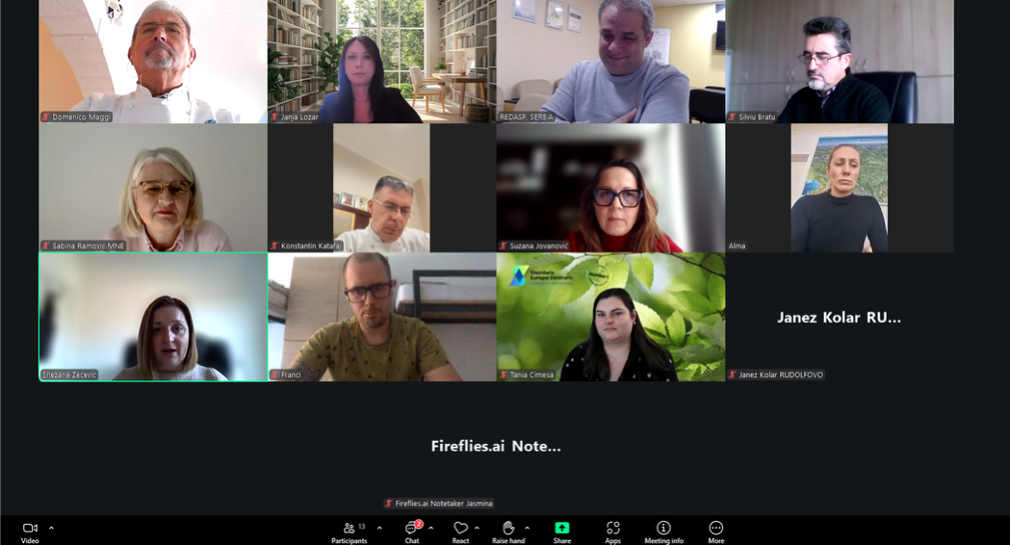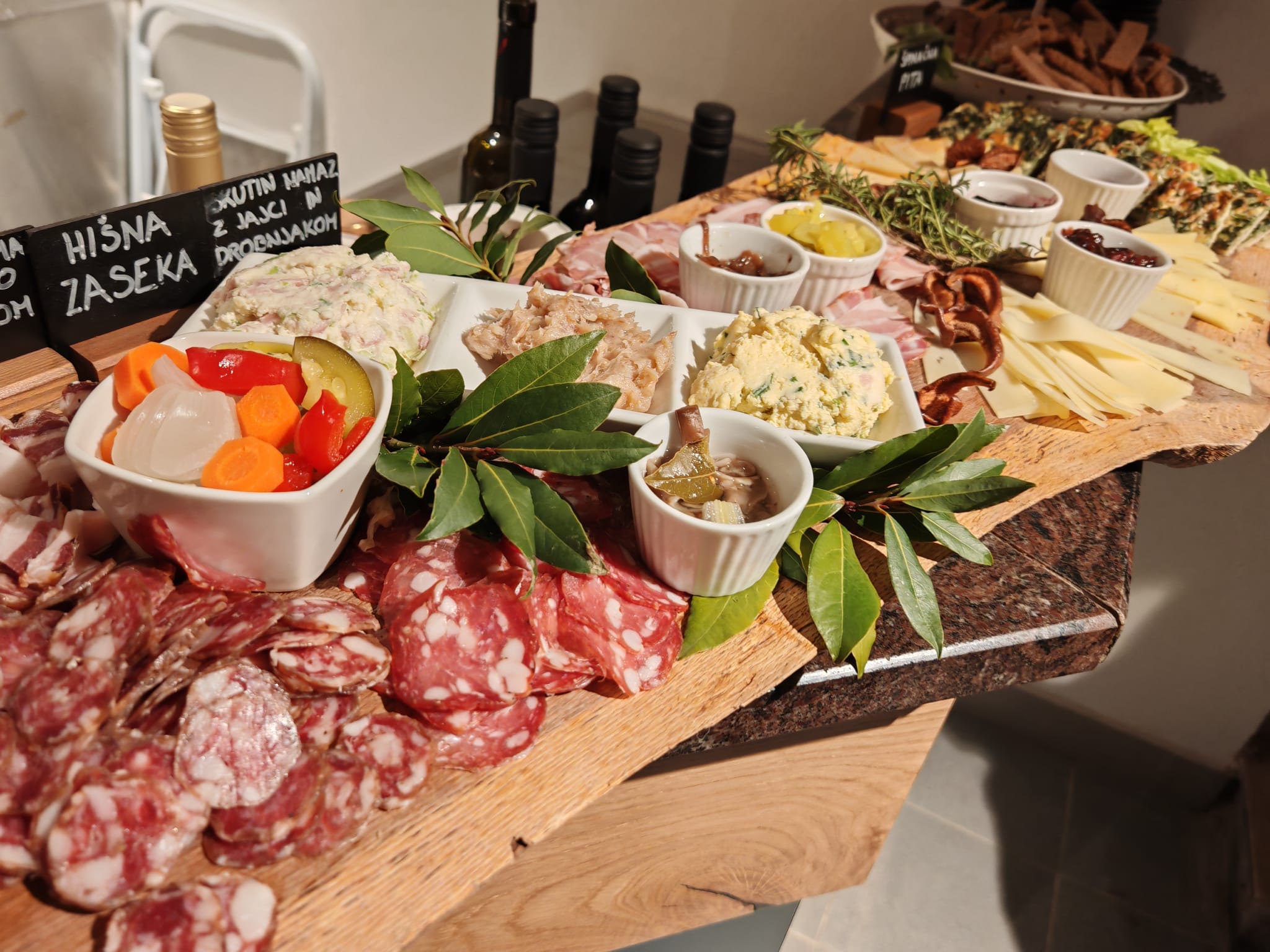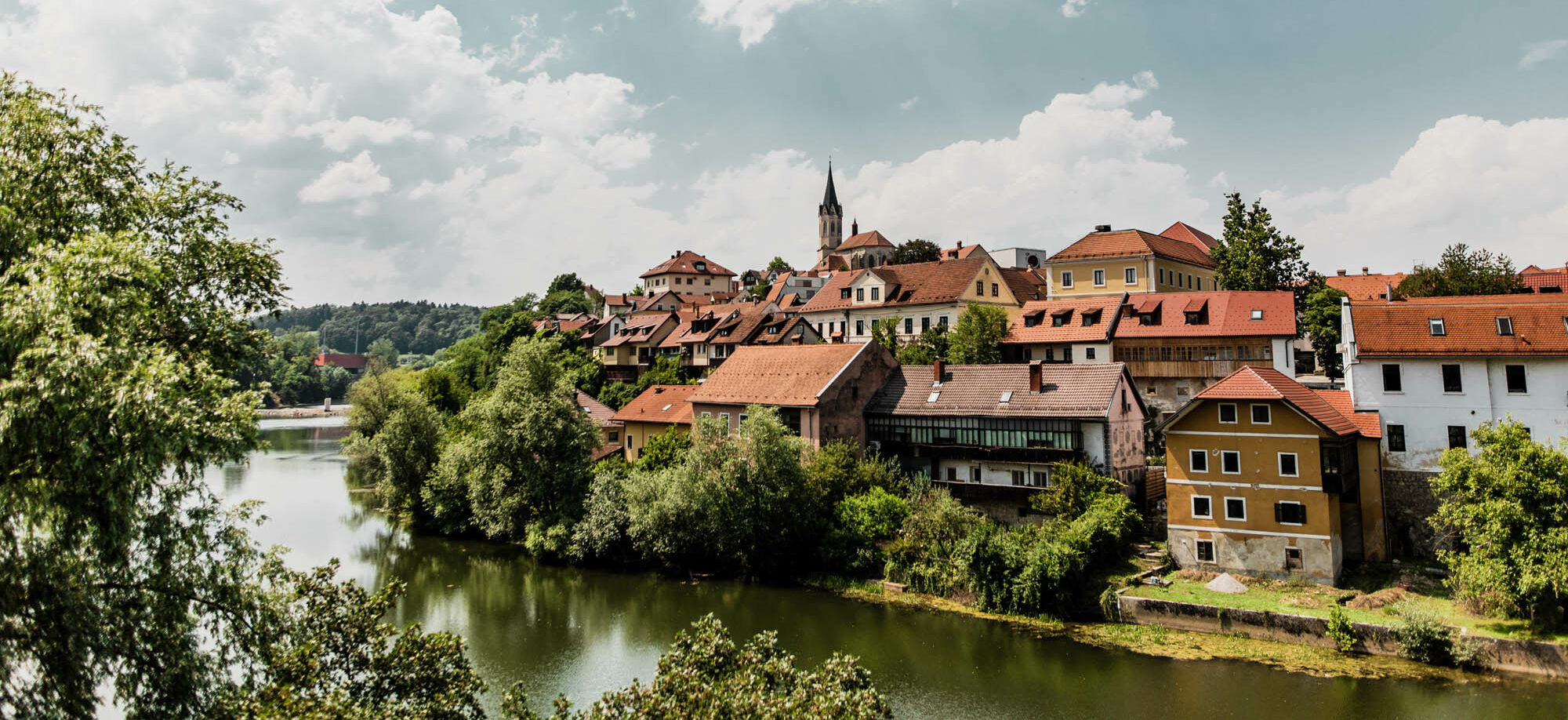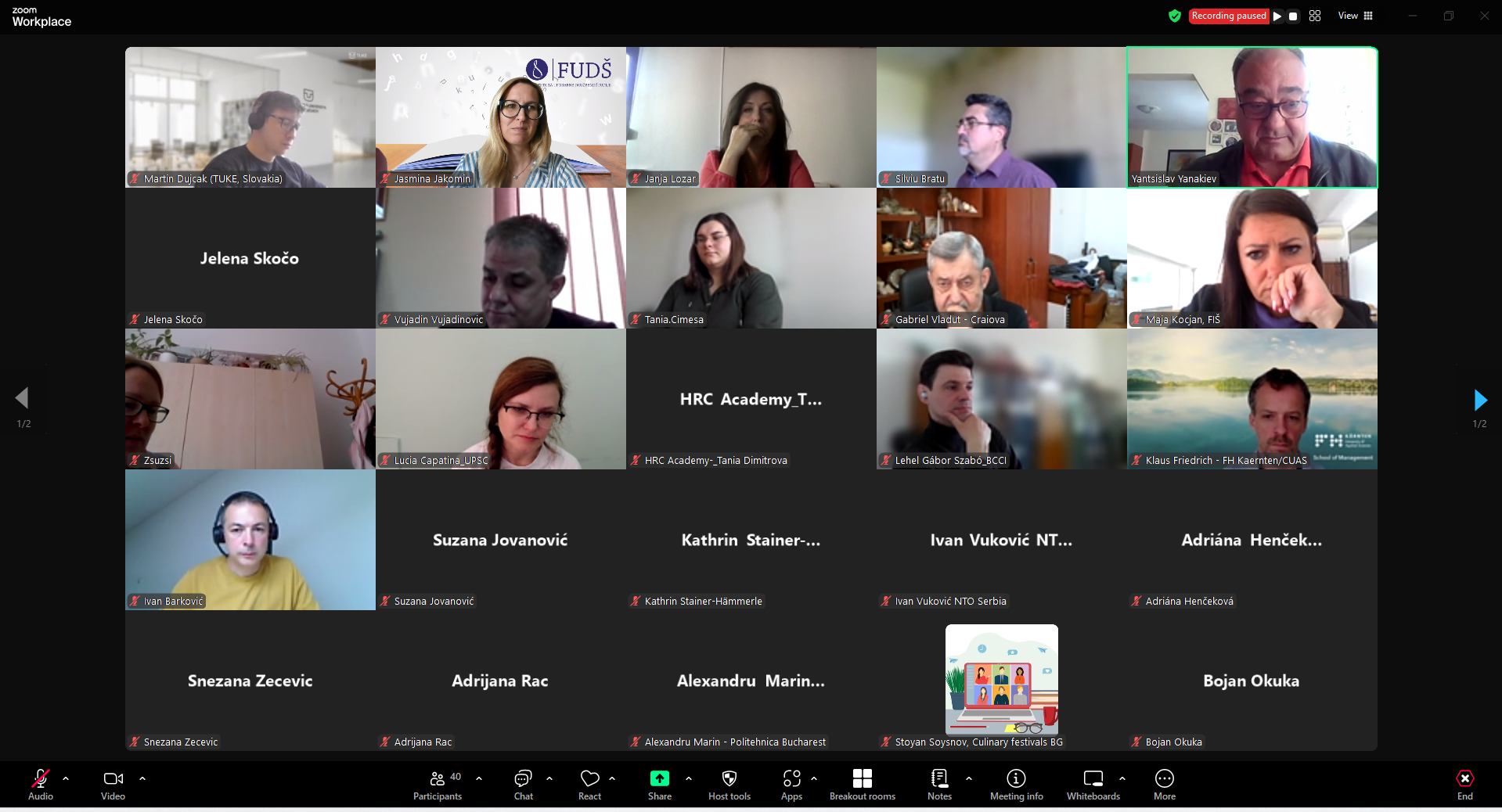
Empowering Minority Voices Through Peer-to-Peer Dialogue on Culinary Heritage in the Danube Region
The Culinary Trail of the Ethnic and Local Cuisine in the Danube Region is not just preserving recipes—it is empowering voices. With three dynamic Peer-to-Peer (P2P) workshops completed, minority groups have taken center stage in shaping strategic policies to safeguard their culinary traditions and unlock economic opportunities across the Danube Region.
The Culinary Trail of the Ethnic and Local Cuisine in the Danube Region, supported by the Interreg Danube Region Programme and co-funded by the European Union, has taken a significant step forward in preserving and revitalizing the region’s rich culinary diversity. Through three Peer-to-Peer (P2P) workshops—beginning with the first held in Craiova, Romania in October 2024 and an intensive online session in March and one in May 2025 in Bulgaria — the project has successfully brought together stakeholders from over 39 ethnic communities and 7 recent migrant groups to collaboratively develop policy solutions aimed at protecting traditional food culture.
These workshops have served as inclusive platforms for minority representatives to voice their experiences and challenges while contributing actively to strategic development. By applying a participatory approach rooted in SWOT analysis and collaborative dialogue, participants focused on four key themes: demographic challenges, infrastructure limitations, culinary heritage preservation, and financial barriers. Each workshop was structured around breakout group discussions that enabled individuals from diverse regions to jointly analyze critical issues and propose tangible policy recommendations. The use of tools such as Miro boards helped structure the exchange of ideas and promote consensus-building across cultural lines.
Throughout the workshops, several persistent challenges affecting minority communities became evident. Among the most pressing were demographic trends such as rural depopulation, generational gaps, and youth disinterest in tradition. These have severely impacted the transmission of culinary knowledge between older and younger generations. Infrastructure-related barriers were also highlighted, especially in remote regions where access to markets, transport, and culinary tourism infrastructure remains limited. Participants further identified the risks posed by cultural erosion due to globalized food trends and the lack of systematic documentation of ethnic culinary practices. Financially, many small-scale minority food entrepreneurs reported difficulties accessing grants, marketing funds, and startup support.
In response to these challenges, participants proposed a wide range of policy suggestions designed to empower ethnic and migrant communities across the region. These include integrating culinary heritage into national education curricula, funding intergenerational mentorship programs, supporting youth entrepreneurship in rural areas, and developing urban-rural cultural exchange initiatives. Infrastructure-related proposals emphasized the creation of shared community kitchens, improvements in rural mobility, the development of food hubs, and the expansion of digital platforms to showcase local producers. On the preservation front, recommendations included the establishment of national and regional certification systems for traditional dishes, the promotion of culinary festivals, and the incorporation of traditional foods into public institutions like schools and cultural centers. Financial access was also addressed through calls for simplified grant procedures, dedicated microgrant schemes for minority entrepreneurs, and the use of chambers of commerce as facilitators for funding access and capacity-building.
The workshops have proven that when minority voices are not just included but centered in policy discussions, strategies become more effective, inclusive, and sustainable. By recognizing the value of community knowledge and creating structured opportunities for exchange, the P2P methodology has helped foster both cultural pride and practical innovation. These collaborative efforts will now inform the development of a transnational strategy to safeguard and promote the ethnic and local culinary heritage of the Danube Region. With continued engagement from local stakeholders and support from European institutions, the Culinary Trail initiative is building a resilient future where traditional foodways are not only preserved but celebrated and shared across generations and borders.
News & Events
Read the most recent updates and explore the upcoming events.

